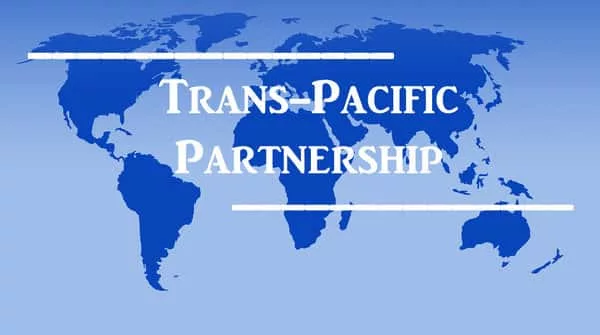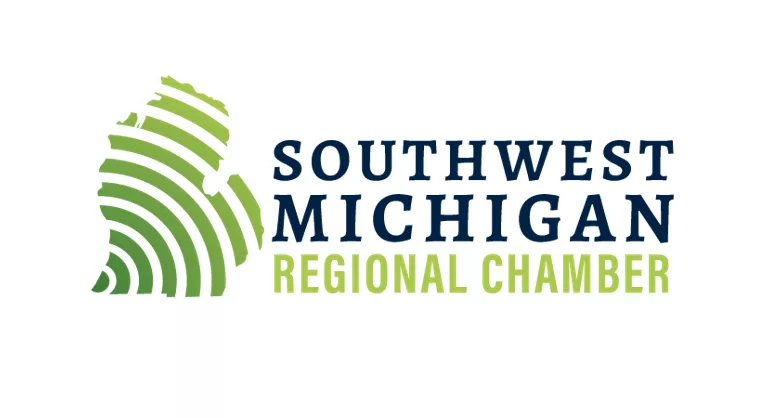It certainly didn't take President Donald Trump long to begin to win over the domestic manufacturing sector. On his first official day on the job this morning the President met with domestic manufacturers and promptly signed an executive order that withdraws the United States from the negotiating process of the Trans-Pacific Partnership more commonly referred to as simply the TPP. The action makes moot legislation introduced by Debbie Stabenow late last week that would have demanded the withdrawal.
It didn't take long for the manufacturing community to respond in kind this morning, either. Scott Paul is President of the Alliance for American Manufacturing. Scott says, "If today is any indication of the Trump administration's focus on manufacturing, it is an encouraging start."
Scott has been a critic of the TPP all along and said this morning, "Withdrawing from the TPP is a first step in a long road toward reforming trade policy and we look forward to working with the administration on finding solutions to create trade deals that keep jobs here in America."
The Alliance for American Manufacturing is a non-profit, non-partisan partnership formed ten years ago by some of America's leading manufacturers and the United Steelworkers Union. Their mission is to strengthen American manufacturing and create new private-sector jobs through smart public policies.
The Alliance response to Mr. Trump's executive order today included their rationale for objecting to the TPP in the first place. They say that multiple reports signal that the U.S. would have had little factory job gains if the TPP was signed:
- The TPP would have lowered tariffs and some other non-tariff barriers to trade, but the agreement had no protection from currency manipulation.
- TPP text substantially weakens the rules of origin requirements in the NAFTA agreement. That means that goods from countries like China could have been incorporated in products assembled in the TPP region and thereby enjoy the benefits of tariff-free access to the U.S. market without sharing any of the responsibilities of TPP membership.
- According to the U.S. International Trade Commission (ITC), the United States’ GDP would be about 0.15 percent higher and there would be roughly 128,000 American jobs in 2032 if the Pacific-rim trade deal went through. None of those jobs were in manufacturing, though.
- The same ITC report finds that American manufactured goods exports would be more than $15 billion higher than without the agreement, but that gain would be eclipsed by the $39.2 billion bump in imports.
- The Peterson Institute for International Economics said that 50,000 U.S. workers, most in manufacturing, could be out of a job each year during TPP's implementation, and the Global Development and Environment Institute at Tufts University cites nearly 450,000 lost manufacturing jobs. You can see more on AmericanManufacturing.org.
The Alliance for American Manufacturing contends they achieve their mission through research, public education, advocacy, strategic communications, and coalition building around the issues that matter most to America’s manufacturers and workers.
Today's action makes moot the legislation introduced last week by Michigan's U.S. Senator Debbie Stabenow which would have required the President to withdraw from the TPP. She said late last week, “This trade deal doesn't crack down on countries that manipulate their currency or enforce protections for American jobs.” She added at that time, “President-Elect Trump should withdraw from the deal and keep his promise to workers in Michigan and across the country.”
Senator Stabenow has been a champion of trade protections for Michigan businesses and workers including authoring legislation to crack down on other countries like China and Japan that manipulate their currencies. In 2015 as a senior member of the Senate Finance Committee, she opposed trade promotion authority to “fast track” approval of the TPP and voted against trade promotion authority on the Senator floor.
Her legislation would have required the President to provide the countries involved in TPP a written notice of withdrawal on the day the legislation was enacted. The legislation would also have prevented TPP from being considered in Congress under trade promotion authority. U.S. Senators Tammy Baldwin (D-WI), Elizabeth Warren (D-MA), Jeff Merkley (D-OR) and Ed Markey (D-MA) also introduced the legislation along with Senator Stabenow.






